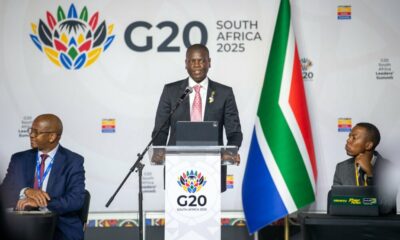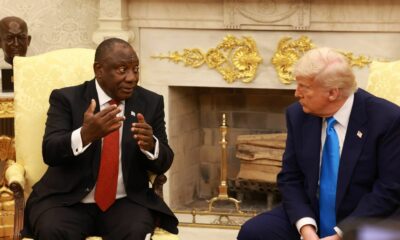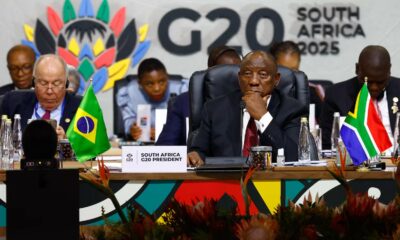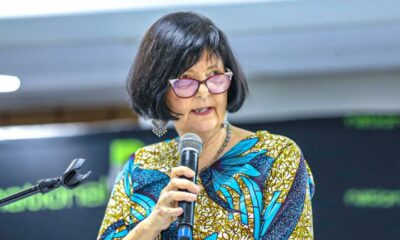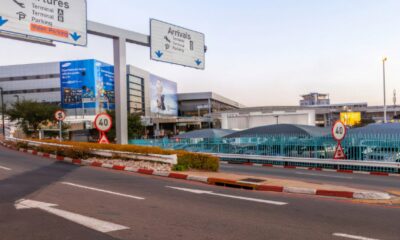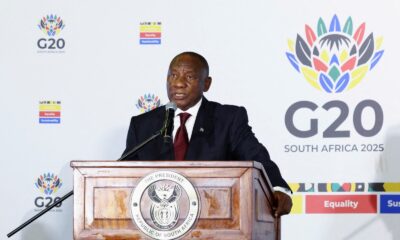News
AfDB Bets Big on Johannesburg’s Revival with Historic $139 Million Infrastructure Loan
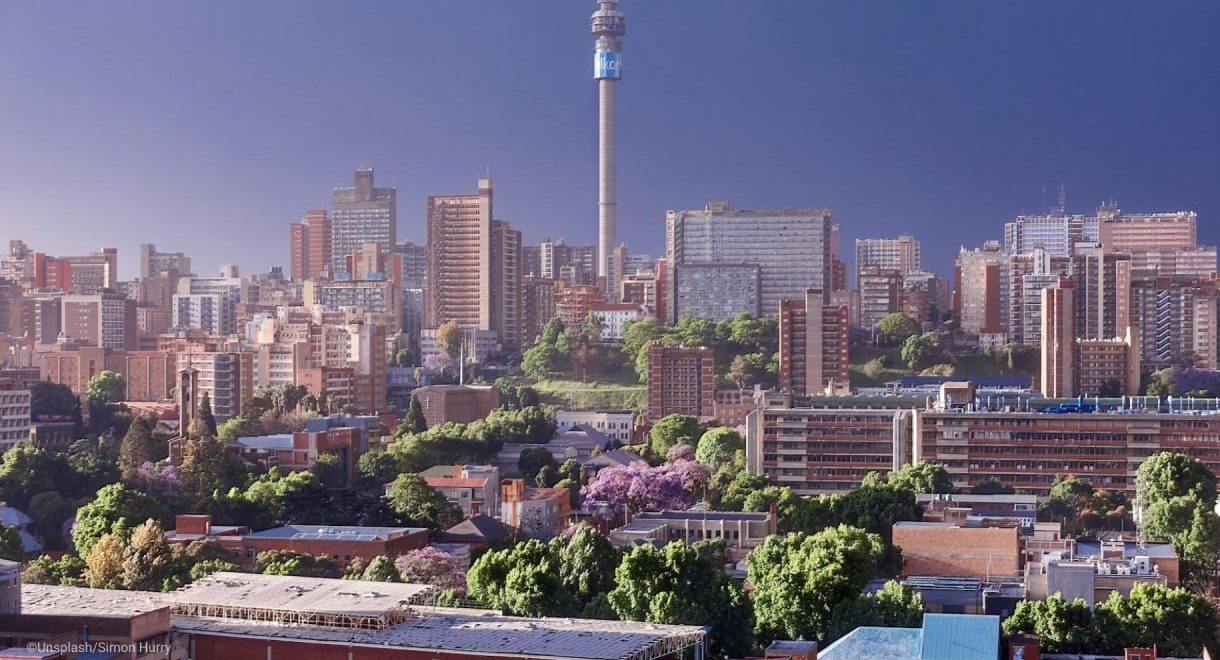
As the city preps for the G20, a major investment signals hope for Jozi’s failing services
Johannesburg just landed a lifeline. In a first for the African Development Bank (AfDB), the financial institution has approved a $139 million (about R2.5 billion) loan directly to the City of Johannesburg to fix its crumbling infrastructure, marking a significant shift in how multilateral banks engage with African cities.
The loan, announced Tuesday, will fund 100 carefully chosen utility projects aimed at overhauling water, electricity, and waste services. It’s a bold move, not just because of the size of the loan, but because it’s the AfDB’s first time directly financing a sub-sovereign entity like a city rather than a national government.
“This historic transaction demonstrates the African Development Bank’s commitment to supporting creditworthy cities as engines of economic growth,” said Kennedy Mbekeani, AfDB’s Southern Africa director-general.
The City of Gold, Tarnished
Once a beacon of urban success, Johannesburg, often called “the city of gold” or simply Jozi, has in recent years struggled with widespread infrastructure decay. Street corners are littered with garbage, pipes burst routinely, roads crack, and entire suburbs experience rolling blackouts.
Behind the scenes, the statistics are stark: annual electricity losses have hovered around 30% for three consecutive years. Water losses are even worse, exceeding 46%. The result is a city running on economic potential but stalling on broken systems.
Despite being home to Africa’s richest square mile in Sandton and contributing around 16% to South Africa’s GDP, the city’s decline has become impossible to ignore.
G20 Spotlight Spurs Action
With South Africa set to host the G20 summit in November 2025, the eyes of the world will soon be on Johannesburg and the pressure to clean up is mounting.
Back in March, President Cyril Ramaphosa didn’t mince his words during a visit to the city, describing Jozi as “not very pleasing.” He called on local leaders to rise to the occasion.
“As South Africans we are proud people, and let us get that pride to lift us up so that we do present a G20 that will wow people,” Ramaphosa said.
The timing of the AfDB loan and the promise of visible improvements, is more than coincidental.
A Turning Point in Urban Financing
Traditionally, institutions like the AfDB have avoided lending directly to cities, preferring to channel funds through national governments. But Johannesburg’s financial credibility and its role as a pan-African economic gateway have made it an attractive candidate for a new funding model.
“By strengthening its infrastructure backbone, we’re investing in Africa’s urban future,” said Mbekeani. The bank views cities not just as population centres, but as drivers of innovation, entrepreneurship, and sustainable development, if they’re properly funded.
This shift in strategy could open the door for other African metros with sound financial records to bypass slow or politically gridlocked national structures in seeking funds for urban renewal.
Jozi’s To-Do List: 100 Projects, One Big Deadline
According to the AfDB, the $139 million will go toward “100 carefully selected projects” in utilities, an intentionally broad phrase that covers upgrades to electricity grids, water systems, waste management and more. While the bank hasn’t released a full breakdown, city officials are expected to announce more details in the coming weeks.
The goal? Not just to look good for the G20, but to put Johannesburg on a sustainable recovery path long after the global leaders fly out.
A Wave of Development Loans Hits SA
This isn’t the only financial boost South Africa received this week. On the same day, the AfDB also announced a $474.6 million loan package to support energy efficiency improvements and rail reforms nationally, two areas long seen as choke points to growth.
And just days earlier, the World Bank approved a massive $1.5 billion loan aimed at reviving the country’s sluggish economy. All signs point to renewed international confidence in South Africa’s economic direction, despite its ongoing structural and governance challenges.
Social Pulse and Local Optimism
Online, Joburg residents greeted the AfDB announcement with cautious optimism.
“Finally, some action! Just hope this money doesn’t get lost in admin and corruption,” one X (formerly Twitter) user posted.
On community forums like Reddit and Facebook, the mood is hopeful but skeptical, many users want to see proof that projects are being implemented transparently, with regular progress updates. Calls for participatory budgeting and independent oversight of the 100 projects are also growing louder.
What Comes Next?
For Johannesburg, this loan marks more than a funding boost, it’s a test. Can Africa’s most industrialised city prove that with the right resources, it can rebuild itself into a 21st-century metropolis?
If successful, the AfDB’s gamble could pave the way for a new era of urban financing across the continent, one where cities are trusted to build their own futures.
For now, though, the countdown to November begins and the world will be watching to see if Jozi can rise, shine, and truly reclaim its title as Africa’s gold standard.
{Source: ENCA}
Follow Joburg ETC on Facebook, Twitter , TikTok and Instagram
For more News in Johannesburg, visit joburgetc.com

